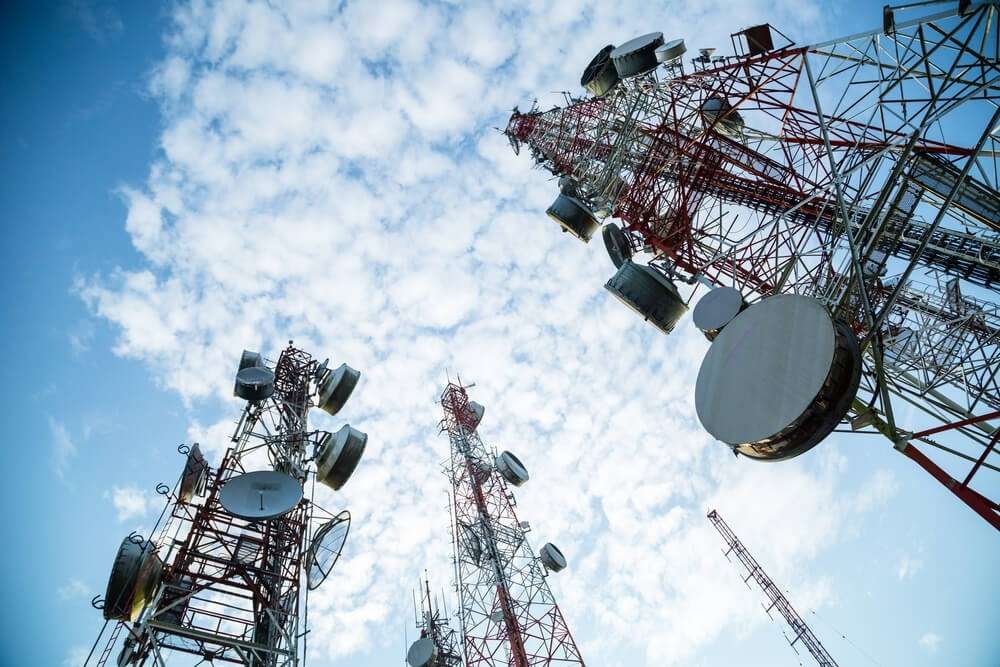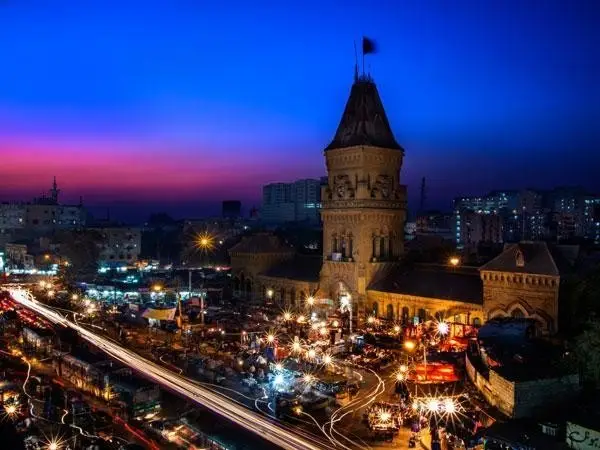The government of Bangladesh has committed to abolishing policies that allow internet shutdowns, which have caused significant hardships for freelancers and hindered investment in the country. Senior officials also pledged to reduce internet service costs and improve quality through sweeping reforms and deregulation.
These statements were made during a roundtable event organized by the Telecom and Technology Reporters Network Bangladesh (TRNB) on Saturday, titled “Internet Services: Challenges, Opportunities, and the Way Forward,” held at the Bangladesh Telecommunication Regulatory Commission (BTRC) in Dhaka. Senior government officials and industry leaders attended the event.
Faiz Ahmad Taiyeb, Special Assistant to the Chief Adviser, emphasized the need to demonstrate to the world that internet shutdowns will no longer be tolerated in the country. He pointed out that this would assure potential investors and improve the country’s global standing in terms of internet affordability and digital governance.
The acting head of the Posts and Telecommunications Division also shared an ambitious roadmap for modernizing Bangladesh’s telecommunications sector. A key part of the reform plan involves implementing a new three-layer network topology, to be rolled out alongside a performance-based regulatory model. The government will start deregulating the sector in June, removing licensing limitations and introducing strict Key Performance Indicators (KPIs) to evaluate service providers. Providers failing to meet the KPIs within specified timelines will face penalties.
Taiyeb also condemned political influence over telecom operations, stressing that any attempts to manipulate policies for personal gains would not be tolerated. He highlighted the country’s poor internet infrastructure, despite paying some of the highest prices globally. “We lack dedicated internet infrastructure for critical sectors like education, healthcare, and disaster management,” he said. The government’s first step, he added, would be to change the network topology.
In another significant move, Taiyeb announced plans for the government to make all telecom fibre networks in metropolitan areas fully underground within the next three years. “Overhead fibre cannot be considered telecom-grade,” he said. The government also plans to rapidly introduce Voice over WiFi (VoWiFi) to improve indoor connectivity and continue supporting infrastructure sharing among service providers.
Emdadul Hoque, President of the Internet Service Providers Association of Bangladesh (ISPAB), announced that ISPs are now offering nationwide internet at BDT 500, with the minimum speed doubled from 5 Mbps to 10 Mbps, and plans to increase it further to 20 Mbps soon. ISPAB also proposed extending ISP licences to up to 10 years, enabling active infrastructure sharing, better access to International Internet Gateways (IIGs), and a five-year exemption from profit-sharing.
Mr. Taiyeb expressed appreciation for ISPAB’s efforts and urged them to continue improving services. “If you can provide 10 Mbps at the same price, you can offer 20 Mbps too,” he said.
BTRC Chairman Major General (Retd.) Md. Emdadul Bari also addressed the gathering, stating that the commission is revisiting policies, including the “One Country, One Rate” strategy and ISP licensing categories. He emphasized the importance of cross-sector collaboration and announced plans to consolidate NTTN licenses into a single category.
“At the same time, those providing fixed broadband services will not be allowed to offer wireless services, though B2B arrangements can be considered,” he noted.
The roundtable saw active participation from mobile operators, infrastructure providers, and digital experts who raised concerns over high transmission costs, bandwidth pricing, and the need to expand services to underserved areas. They called for unified efforts to make internet services more affordable, accessible, and efficient across the country.















